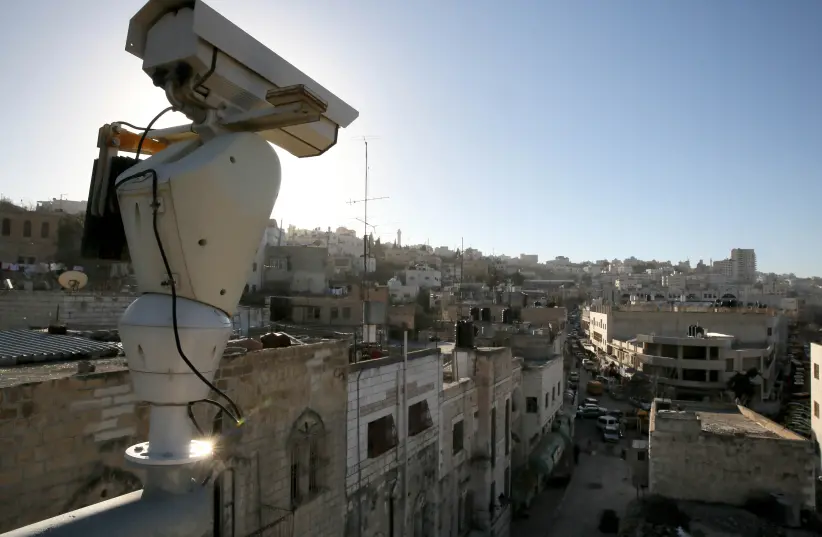
New IDF limits on foreigners visiting West Bank Palestinians delayed
Israel has delayed by 45 days the impositions of restrictions on foreign travel to Palestinian areas of the West Bank that target universities, schools, non-governmental groups, the business sector, and family reunification.
The restrictions, first published in February by the office of the Coordinator of Government Activities in the Territories, had been scheduled to go into effect on May 20, but will now only be implemented in July.
The delay came in response to a letter sent by the Israeli left-wing NGO HaMoked, which asked that the IDF freeze its new restrictions published in a 97-page document and fix the “flaws.” HaMoked attorneys Yotam Ben-Hillel and Leora Bechor authored the letter.
HaMoked plans to petition the High Court of Justice (HCJ) against the new restrictions should the IDF fail to amend them.
The IDF “wants to show that they want to address the concerns about the procedure. They know that we will challenge this in court if the procedure stays as is,” Ben-Hillel said on Saturday.
HaMoked had already petitioned the HCJ in 2019 over flaws in the previous restrictions set out in a four-page document and had been told that new ones were in the works.
An HCJ hearing on that case is set for May 2. The state in a response to the court over that petition last week announced that there was a 45-day delay in implementing the new rules.
Should those rules go into force, Ben-Hillel said, “there will be fewer people that can enter and extend their visa,” he explained.
COGAT said that the changes made the permitting process more efficient and “benefit all residents of the area.”
The new procedures will be introduced as a “two-year pilot” and would be reassessed, it explained.
In specific COGAT said that “guidelines for entry of lecturers, researchers, and students into the area” allowed for both a short term and a long term say.
The procedure for the first time allows for multi-use permits so that visitors can leave and enter without having to request permission.
“This is a set of significant changes that will make the practice of academic freedom in the area noticeably smoother,” COGAT said.
With respect to lecturers and students “the procedure includes a quota for permits that are approved for a period exceeding one semester. That quota will be re-evaluated from time to time in accordance with changing needs and with requests received,” COGAT said.
But in their March letter, he and Bechor explained that “thousands of families in which one of the spouses is a foreign citizen will be affected, the regular work of various academic and educational institutions will be disrupted… and many employees with foreign passports will not be allowed to work regularly in the territories.”
The new regulations will harm the Palestinian economy, impact the standing of its academic institutions, limit the influence of foreign experts and even make it more difficult to learn English.
Among their objections to the restrictions, the attorneys explained that it gave the IDF the power to set criteria for who could be hired by universities, businesses and international organizations.
The time limits set for the professionals to stay in the West Bank, for example, make it difficult for academic institutions and businesses to receive maximal benefit from foreign expertise, the attorneys stated.
These regulations, for example, set the period of five and 27 months for foreign academics to remain in the West Bank. They then must leave for nine months before they can apply for new entry permits.
Foreign employees can also only receive a 27-month visa.
“It will be difficult to recruit employees and investors, as in many cases projects take many years, during which the foreign expert or investor accompanies the project,” the attorneys said.“It heightens to absurdity bureaucratic nightmare of occupation,” HaMoked Executive Director Jessica Montell said, adding that it places a “foreign military” in charge of Palestinian society.
The grassroots Palestinian group Right to Enter has called on countries with diplomatic ties to Israel to “object to all arbitrary denials of entry and residency that harm Palestinian family life, educational, health and social service institutions, and businesses and act to resolve all such cases of exclusion.”
Source: https://www.jpost.com/middle-east

